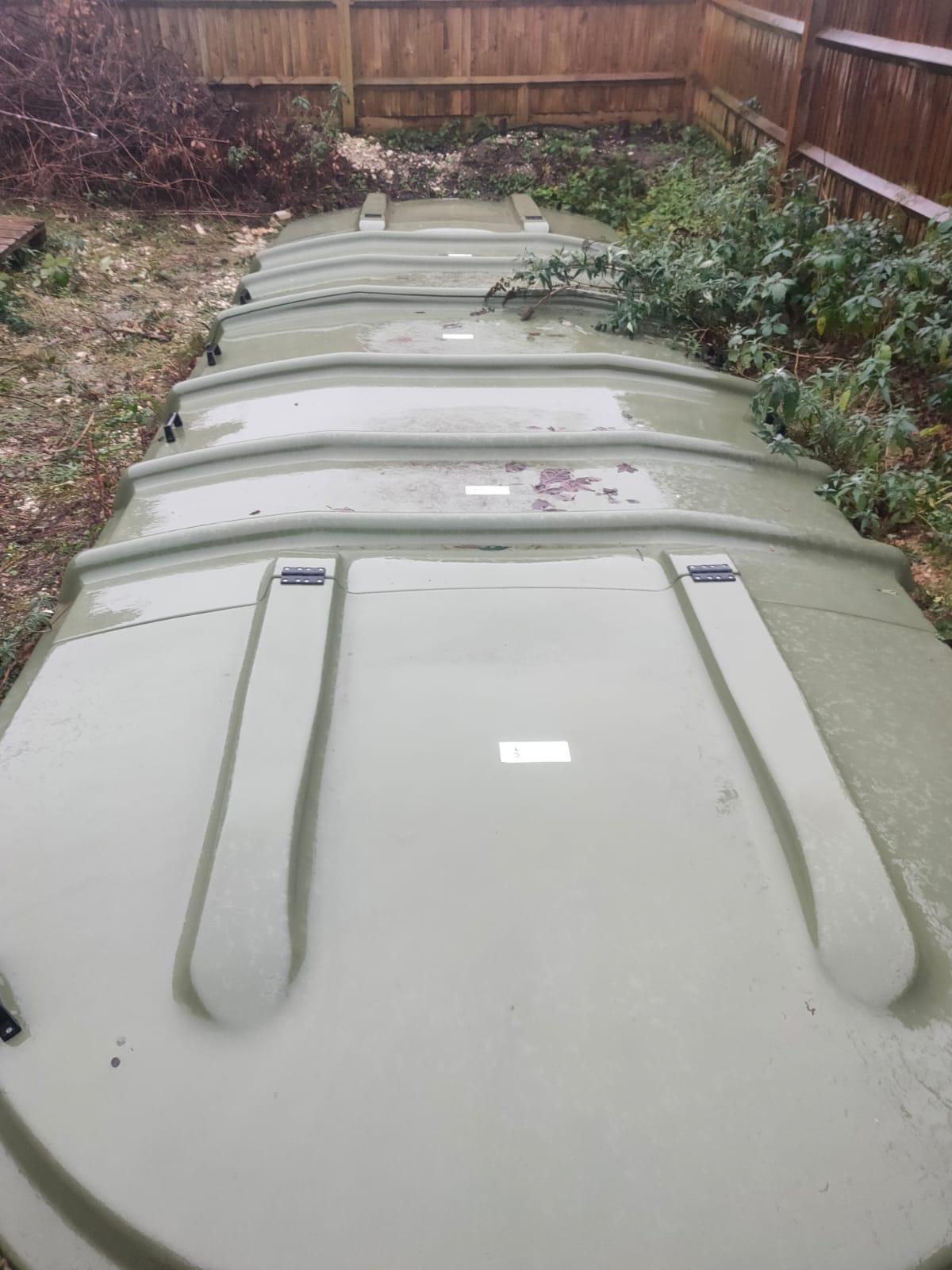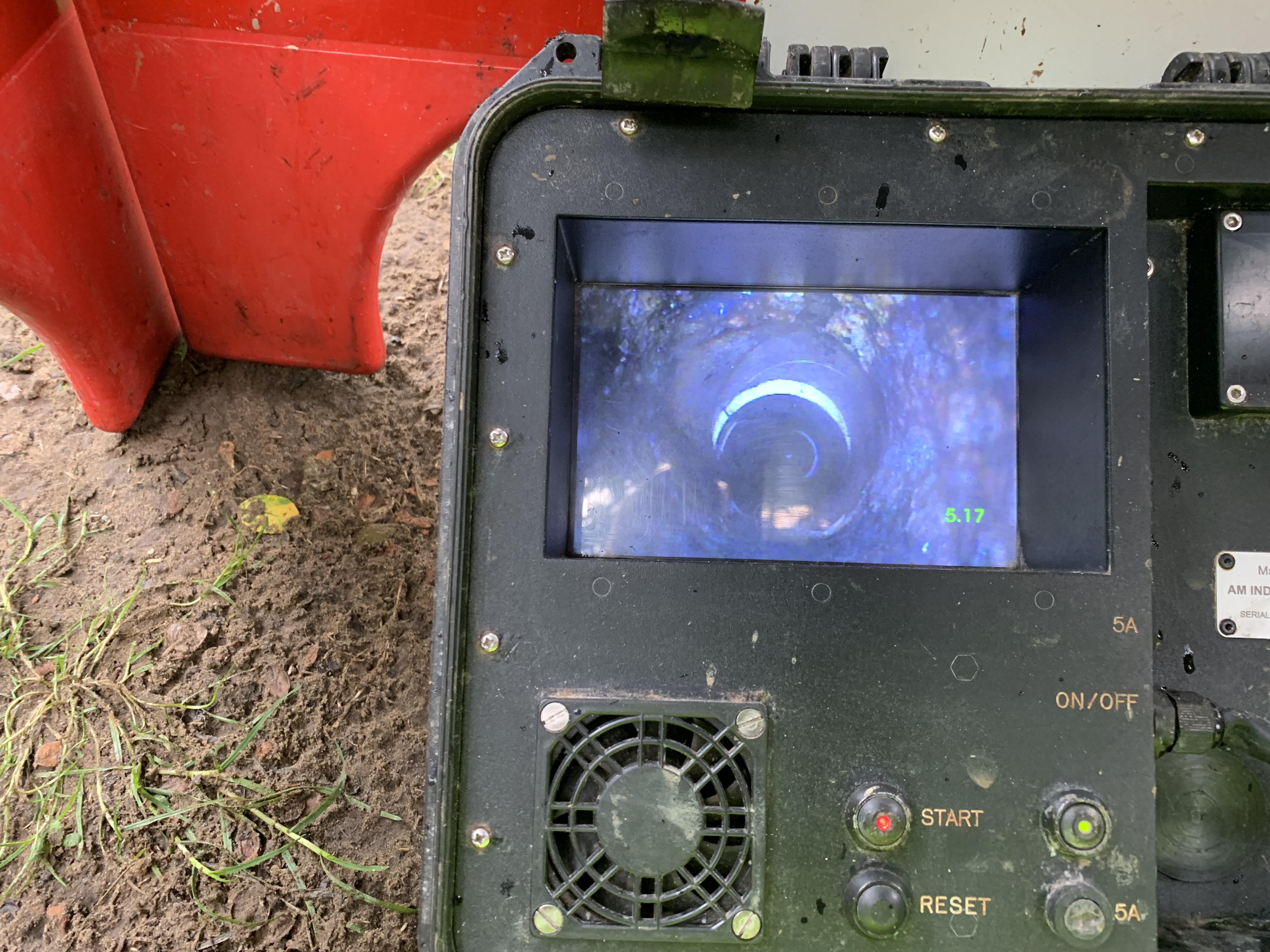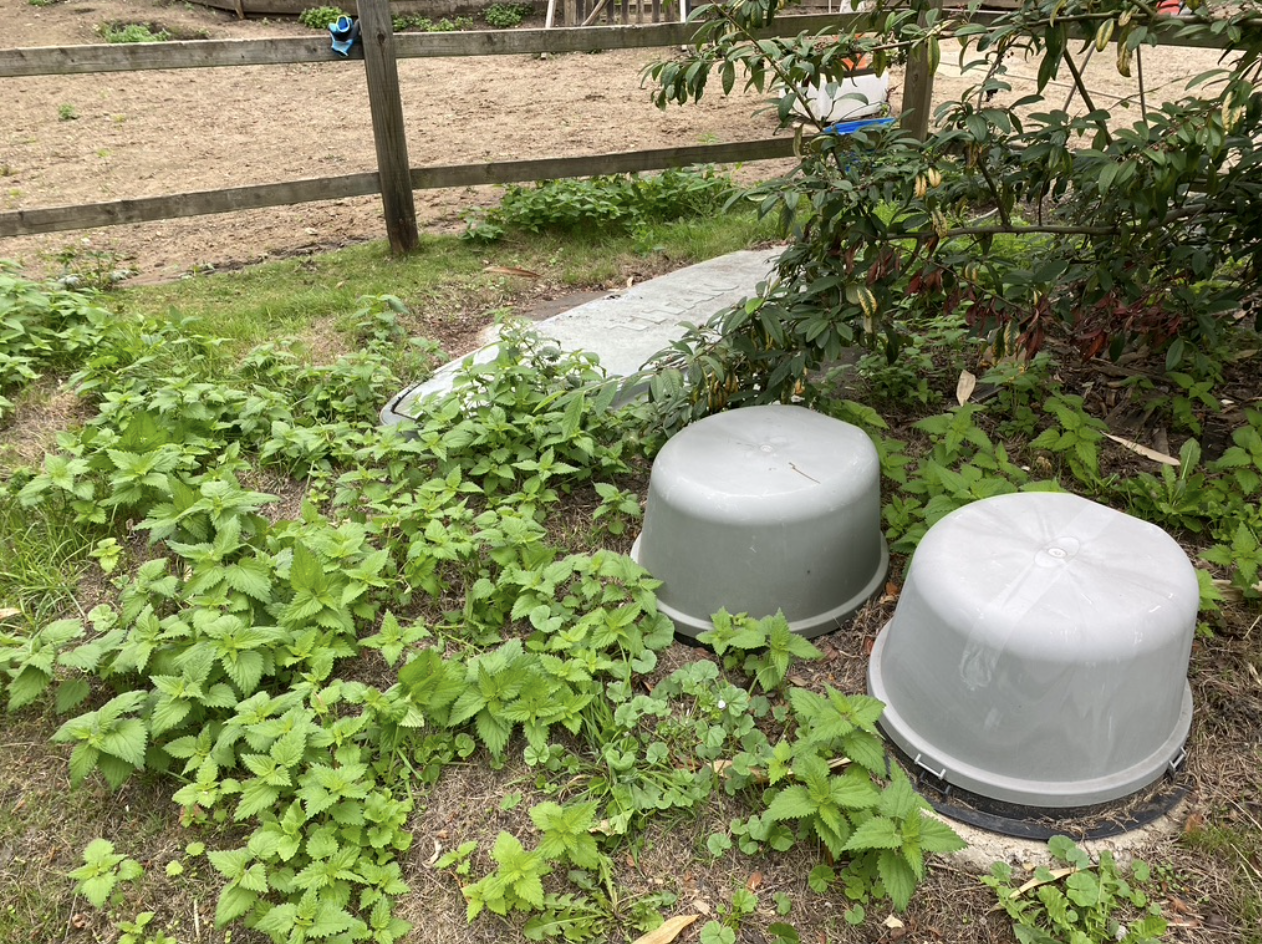The ‘tell-tale smell’ that shows surface water could be entering your private sewage treatment plant
A well-maintained and serviced treatment plant should not let foul odours into the environment.
Whether your treatment plant smells periodically or constantly, it is time to raise the alarm and seek professional advice.

There are several reasons why a treatment plant may start to smell, all of which can be eliminated by a thorough maintenance regime and regular servicing. But one thing is for sure: the smell is a strong indication that something is not working properly and should be treated as a warning sign. Go on to why you must act immediately…
Whilst it may be plausible to assume that a smell can only be expected when you lift a lid off your treatment plant, this is not the case. Any small odours should escape within seconds. This is not to be confused with the continuous smell of sewage, which is a tell-tale sign that rainwater may overwhelm the treatment.
The bad smell may only be the starting point to your troubles. Depending on the root cause of the smell, further efficiency issues may occur, which could ultimately lead to a breach of the Environment Agency (EA) binding rules.
Two of the key binding rules to be aware of:
- ‘The system must be installed and operated in accordance with the manufacturer’s specification’—most manufacturers recommend an annual service and the requirement to empty the tank at least once a year.
- ‘Maintenance must be undertaken by someone who is competent.’
Surface water entering the treatment plant
One of the most common causes of the smelly odour could be surface water entering the system. ASL’s competent engineers are regularly called out to investigate reports of periodic odours. Following a survey and thorough tests of the plant, findings often show that an abundance of surface water is entering the system, leading to an unpleasant smell.
Surface water should not enter the treatment plant. However, an unmaintained or inadequately installed treatment plant may fall foul to surface water entering the system. In this case, heavy rainfall can cause vast amounts of water to enter the plant, flushing through to particles in suspension, including unwelcome amounts of fats and grease, which have built up over the months, through the treatment plant and into your land drains.
How does this happen?

In the event of water entering the holding tank, problems will inevitably start to occur with the separation and treatment process. If the water enters in a surge, such as during heavy rainfall or a storm, the incoming water can stir up the first tank, destroying any separation that has occurred in the primary settlement chamber and or any treatment. Without adequate separation, suspended solids and fats can pass through the tank, through the soakaways (drainage field), where they can coat the surface, causing irreparable damage and making it progressively waterproof. This obviously diminishes the soakaway’s ability to dissipate water until it ceases to work altogether.
What does legislation say?
All guidance and legislation from the Environment Agency, binding rules, manufacturers' guidelines, and installers' instructions clearly state that oils, fats, and grease are not allowed to enter. With large volumes of surface or roof water flowing straight through any septic tank or treatment plant, these unwanted materials will end up in the land drains and cause pollution.
An air compressor (or two) is a vitally important component

Also known as air blowers, an air compressor is a vitally important component to your treatment plant system. They pump air into the tank, providing a constant supply of oxygen to the plant. This supply of oxygen keeps the bacteria in the tank alive, which in turn is responsible for breaking down the waste material. Oxygen levels should always be maintained to ensure compliance with binding rules whilst promoting an environmentally friendly environment.
At ASL, we often recommend a double compressor system with an inbuilt alarm system (with visual or audible signals which can be observed from the responsible property). Not only will the compressors last longer, but they are also a great back-up solution. If one compressor breaks down, the second is already in place to continue its vital function and keep the treatment plant running sufficiently. Furthermore, they are configured with independent fuses and a separate air supply for each, therefore meaning they are not reliant on each other.
The ASL team can provide a solution
The ASL team is ready and available to meet all your sewage treatment plant needs. As outlined above, surface water can have adverse effects on the plants’ ability to operate effectively, whilst negatively impacting the environment. Those nuisance smells are not something to ignore so it is time to act.
If you are already experiencing any horrible smells coming from your treatment plant, one of our qualified and competent engineers would be pleased to carry out a survey and test of your system.
On the other hand, if you have not yet experienced any unwanted odours, but still haven’t got a reliable annual service plan in place, get in touch today on 0800 181 684

